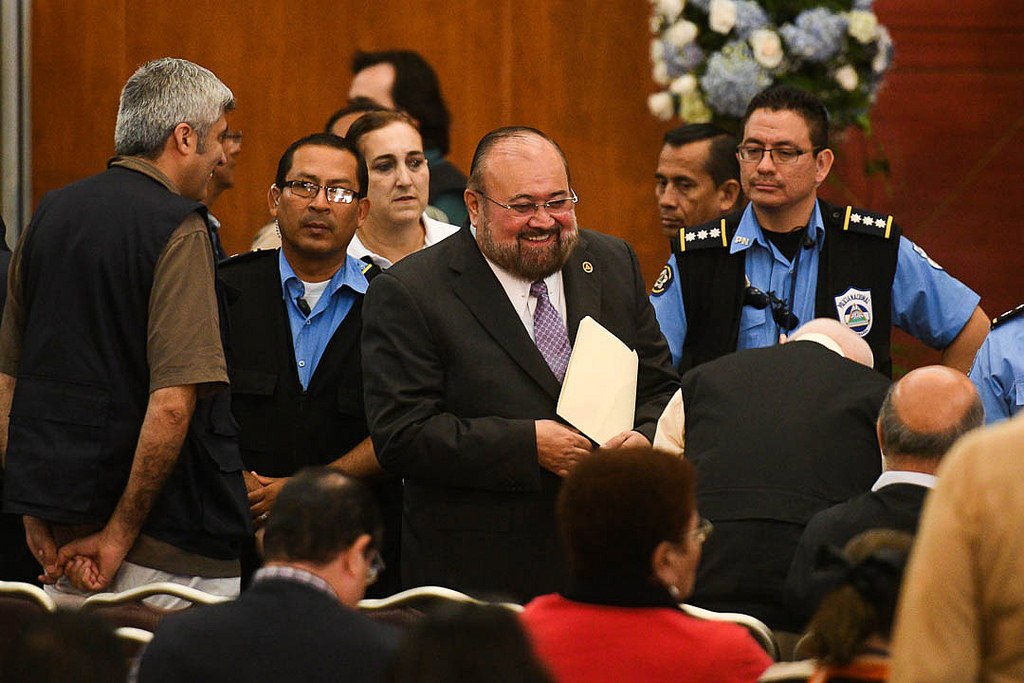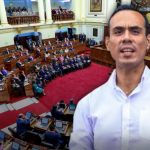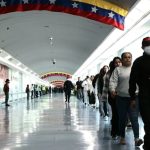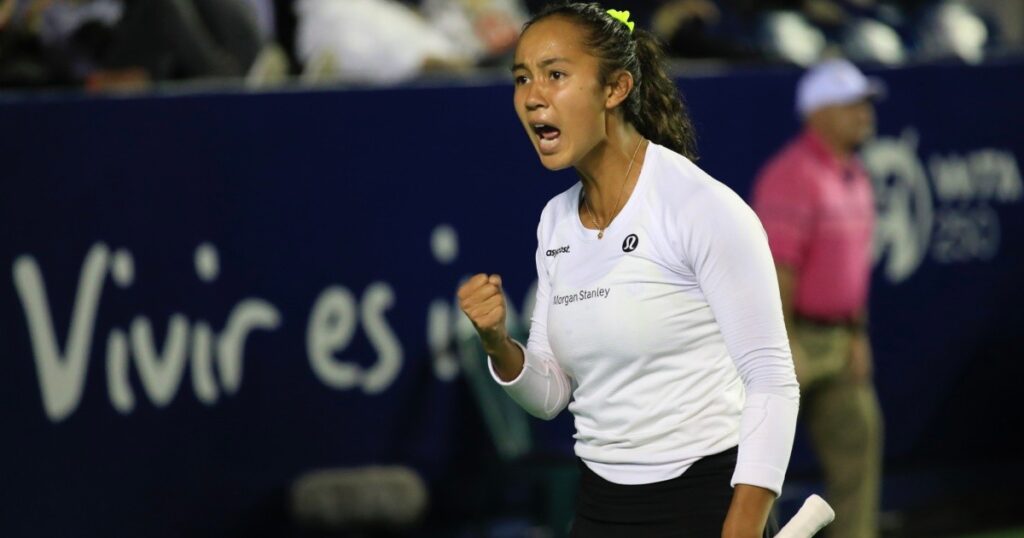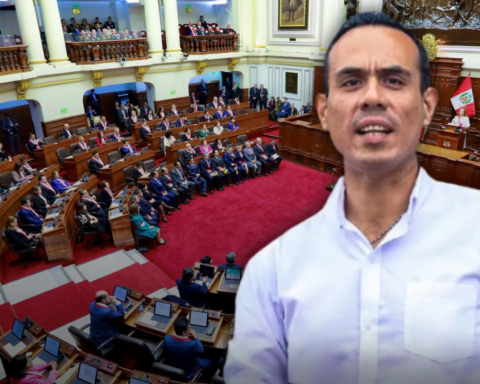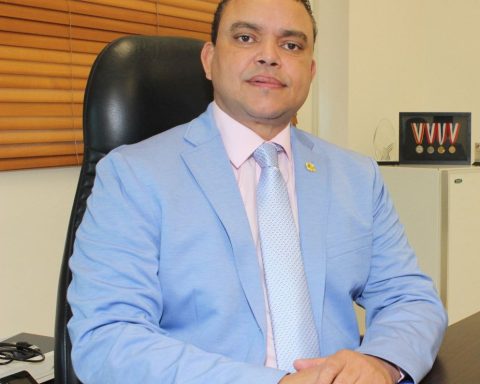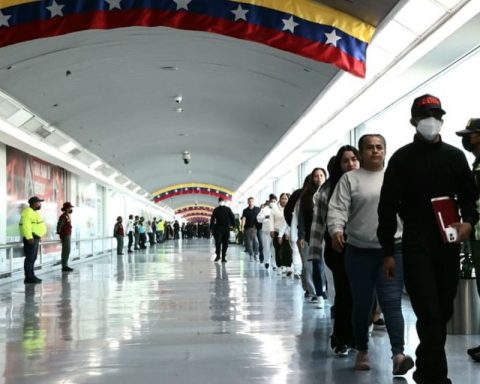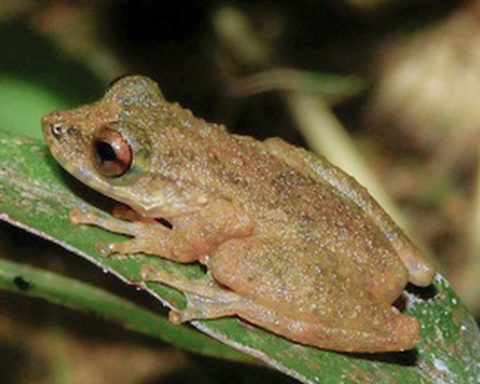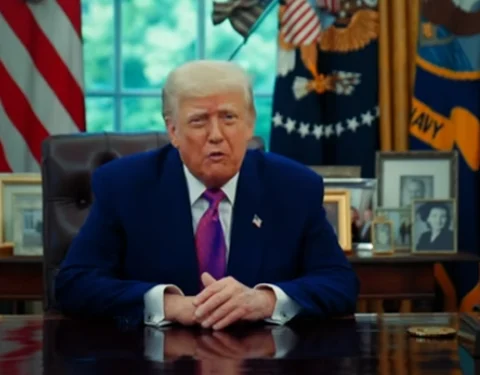The former president of the Supreme Electoral Council (CSE), Roberto José Rivas Reyes, the former vote counter who enthroned the Daniel Ortega regime through electoral fraud, died after five months of hospitalization, medical sources reported.
He died at 11:05 p.m. on Saturday, March 5, as a result of “refractory septic shock”, which occurs when there is a serious infection, although he was admitted for Covid-19, the source explained.
Rivas Reyes, 68, was one of the most influential officials close to Ortega. He became a magistrate in 1995 and five years later he was elected as president of that institution.
His rise to the presidency of the CSE marked the beginning of an administrative management that lasted 18 years until his resignation at the end of May 2018, five months after the United States sanctioned him for “significant corruption” based on the Global Magnitsky law, an instrument used to punish corrupt and human rights violators in the world.
#GLOMAG (3/3) The US government determined that Roberto Rivas Reyes, president of the Nicaraguan Supreme Electoral Council, was responsible for or complicit in ordering, controlling, or directing significant acts of corruption. #GloMag
— USEmbassy Nicaragua (@USEmbNicaragua) December 21, 2017
As a public official, Rivas’ administration was marked by the irregularities of the CSE, which favored electoral results that handed over total power to the FSLN. He accepted Ortega’s illegal candidacy for re-election in 2010, saying that it was “written in stone”, and carried out his work as an electoral judge with bias, which helped consolidate a family regime that has been in power for 15 years.
He was known—and perhaps more for this reason—thanks to his opulent life that led him to accumulate assets: jets, luxury cars, and mansions in Nicaragua, Costa Rica, and Spain, to which were added scandals and numerous public denunciations of illicit enrichment. However, they never made it to court. He died with impunity.
Despite having been documented by the national and international press, an official investigation never resulted in a formal accusation against one of Daniel Ortega’s main protégés.
Rivas grew up as a civil servant in the shadow of his political godfather, Cardinal Miguel Obando, Archbishop of the Archdiocese of Managua between 1970 and 2005.
Obando influenced his appointment as a magistrate in 1995 and also secured his position for decades as president of the court from October 2002 in agreements with the Sandinista leader, described as corrupt by the opposition.
According to the local newspapers of the time, Ortega used his influence in the Comptroller General of the Republic to prevent legal proceedings against Rivas for embezzlement, after a private meeting with Obando and paved the way for a solid alliance with the Salesian religious, his fierce enemy in the years of the Sandinista revolution.
That concordat even caused differences within the FSLN, which had appointed comptrollers, after the political pact with former president Arnoldo Alemán in 2000.
Memorable from those years of Ortega’s agreement with the cardinal was the position of then comptroller Luis Ángel Montenegro, who assured that did not get dirty changing the resolution of criminal presumption agreed by the comptrollers in the case of Rivas. Nine years later, having already become vice president of that institution, he publicly defended him and even justified his change of opinion by saying that only “rivers are not returned”.
Around 2004, Obando officiated a “reconciliation” mass, embraced some of the former enemies of the Catholic Church. He aligned himself so much in the service of Ortega so much over time that his critics looked at this archbishop as an unworthy image of his past and qualified him as a chaplain of the ruling party when seeing his constant presence in government activities .
The family relationship with the Cardinal
Rivas met Obando when the former official was very young at his home in the department of Matagalpa, in the north of the country, because his mother, Josefa Reyes Valenzuela, known as Doña “Chepita”, had been the priest’s assistant since the 1970s. of the last century until the cardinal’s death on June 4, 2018.
The Rivas considered relative to the religious hierarchSo it was no surprise when he appointed him as administrator of the Archdiocesan Promotion Commission since 1981, a foundation in which he raised thousands of dollars in the context of the civil war.
His residence on the road to Masaya was built by on a property donated to the Catholic Church in the years when Obando was the archbishop. And the Redemptoris Mater Catholic University, founded by the Cardinal and where he was buried, remained in the hands of the former magistrate’s family.
The eccentricities of a nouveau riche
The years in which his public figure grew exponentially began with the accumulation of mansions on the edge of the beach, luxury cars or the hiring of waiters who were forced to wear gloves whites. She had a French chef, who used to cater to his most exquisite tastes.
His cousin Rigoberto Reyes recalled in El Nuevo Diario the origin of his fortune in the collection of compensation from the State for 1.8 million dollars in 1996 where included his grandfather’s Kentucky donkey, which Reyes accidentally killed in 1959.
He married Ileana Delgado Lacayo—also sanctioned by the United States— and fathered four children: Josephine, Estefanía, Indira and Roberto Miguel. According to a profile of the magazine Magazine of the newspaper La PrensaRivas was obsessed with cleanliness. He would order his veterinarians to clean the teeth of his Akita dogs at his Costa Rican mansion, a custom that irritated some of his Nicaraguan-born employees.
Not even his closest spokesmen ever dared to deny his pompous life and his spokesman at the CSE, Félix Navarrete, accused the media of snooping into the magistrate’s bedrooms in a paid camp.
Under the shadow of Ortega’s total power, Rivas bought a mansion in Costa Rica located in a luxurious residential area. The mansions in that Costa Rican place, when the report was published in 2009, ranged between 980,000 and 3,000,000 dollars, and he earned 5,000 monthly. When questioned, he always repeated the argument that he was a coffee producer to justify the multiplication of his assets. A report of CONFIDENTIAL March 2018 revealed that its farms in San Ramón, Matagalpa, produced below cost, contradicting the alleged coffee bonanza.
According an investigation of the newspaper La Nación, in Costa Rica, Fighting against any appearance of independence of powers in Nicaragua, Rivas was the host of two children of Ortega, Laureano and Maurice, while they studied in that country.
El Nuevo Diario published that Rivas had an invoice factory within the CSE itself, which allowed him to divert 23.6 million dollars from the treasury between 2004 and 2008. While these scandals occurred and filled the front pages of the independent media, his role as architect of electoral fraud grew.
At press conferences, Rivas resented the media’s use of words like appointment instead of election, and at press conferences he responded reluctantly—turning red with anger—to journalists’ questions. Little by little he became the shadow of another character from the past.
The journalists called him Ortega’s “Modesto Salmerón”, recalling the former president of the electoral court in the Somocismo years. The Jesuit priest Federico Argüello, now deceased, told the magazine Magazine de La Prensa in 2008 that he used to visit the voting boards, motivating voters in a very particular way: “vote, vote, then I’ll tell,” he told them. .
Rivas’ anecdotes never caused laughter, but indignation. In 2009, when the Comptroller’s Office declared her probity statement missing, she appeared before the officials and turned it in again. He told reporters that he didn’t know if he should add a shuttle to the moon, which he had recently purchased. Oblivious to his sarcasm, subsequent events showed that she continued to buy compulsively.
In February 2018, prior to his resignation, an investigation by CONFIDENTIAL discovered that he had bought a mansion of 1,545 square meters in Spain. It cost nine million euros. His neighbors were Real Madrid players, from a well-to-do global elite.
Although he was never held accountable in court, former magistrate Rivas was one of the few officials to whom people simply yelled “thief”, regardless of whether it was in the street, the market or the churches. After his resignation, the CSE was left in the hands of Ortega magistrates and the figure of Rivas was associated in popular memory as a reference to brazen robbery and corruption.
The reporter investigated the corruption of Roberto Rivas between 2000 and 2018.
